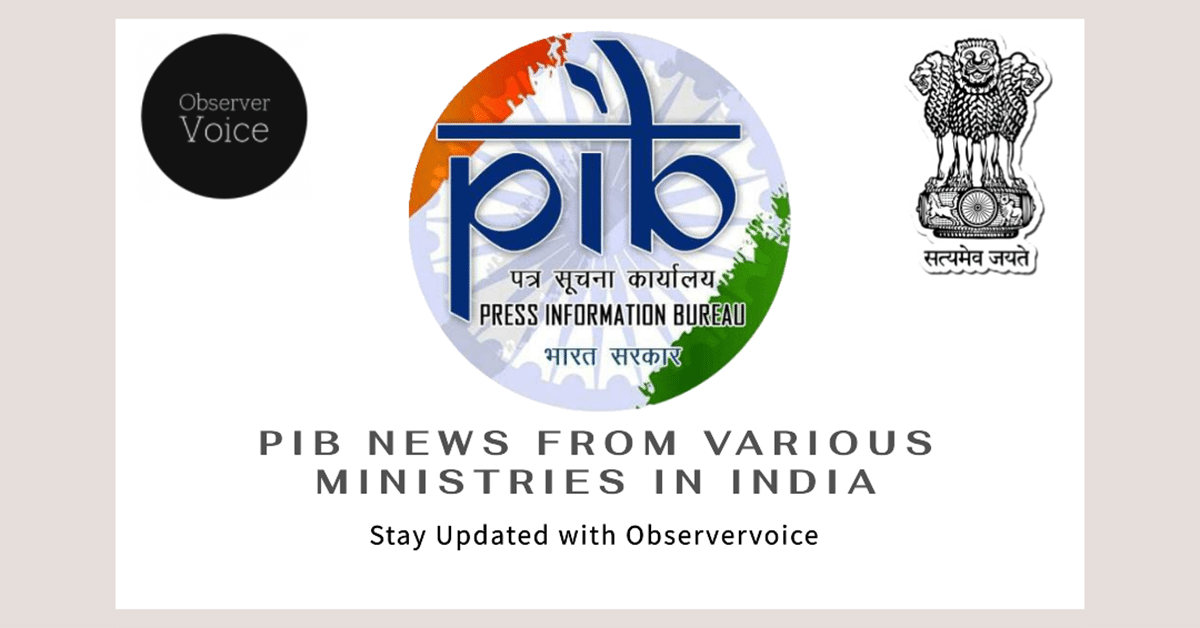Indian Army’s Adaptive Doctrines for Modern Warfare

The Indian Army is undergoing significant transformations to adapt to the evolving landscape of modern warfare. General Upendra Dwivedi, the Chief of the Army Staff (COAS), addressed participants at the 26th Doctrine and Strategy Seminar (DSS) held at the Army War College in Mhow. This two-day seminar, which took place on November 27 and 28, 2024, focused on the theme: “Need for Adaptive Doctrines/Operational Philosophy for Indian Army in view of recent Conflicts and Technology Infusion in Warfare.” The discussions aimed to critically evaluate existing military doctrines and operational strategies in light of recent conflicts and technological advancements.
Objectives of the Seminar
The primary goal of the seminar was to examine the validity of established doctrines, operational strategies, and tactics of the Indian Army. Participants included experts from various fields, including geo-strategic affairs, armed forces, and defense industries. They analyzed the implications of recent conflicts and the infusion of advanced technologies into warfare. The seminar aimed to recommend necessary changes to doctrines and operational philosophies to better prepare the Indian Army for future challenges.
The discussions were organized around three main themes. The first theme focused on a global scan of the latest trends in military technology and their implications for the Indian Army. Experts highlighted the need to understand adversaries’ warfighting concepts and the technologies they are developing. The second theme critically analyzed existing doctrines and strategies in conventional warfare, particularly in high-altitude areas and plains. The final theme addressed the human resource and logistics aspects of integrating niche technologies into military operations.
Key Insights from the COAS
During his address, General Dwivedi emphasized the importance of adapting military strategies to the changing nature of warfare. He described modern conflicts as a continuum of five phases: Competition, Crisis, Confrontation, Conflict, and Combat. This perspective integrates statecraft and diplomacy with military actions, highlighting the need for a comprehensive approach to national security.
The COAS also discussed the characteristics of fifth-generation warfare, which includes non-kinetic military actions such as cyber-attacks and disinformation campaigns. He pointed out that while new forms of warfare are emerging, traditional methods remain relevant. The lessons learned from the ongoing Russia-Ukraine conflict underscored the importance of combined arms operations and civil-military integration.
Addressing National Security Challenges
General Dwivedi addressed several national security challenges facing India today. He highlighted the complexities of Grey Zone operations and the two-front challenge posed by adversaries. The COAS stressed the need for a unified approach that converges land, maritime, and air strategies to safeguard India’s interests, particularly in the Indo-Pacific region.
As adversaries increasingly employ hybrid strategies, the Indian Army must adapt its doctrines to counter multi-dimensional threats. The COAS emphasized that military doctrines should be flexible, allowing for rapid decision-making and individual judgment. He called for the integration of advanced technologies, such as artificial intelligence and precision warfare, to support multi-domain operations.
The Role of Leadership in Military Adaptation
Leadership plays a crucial role in the military’s ability to adapt to new challenges. General Dwivedi underscored the importance of strong and adaptive leadership in overcoming obstacles related to doctrine and technology. He advocated for reducing excessive doctrinal rigidity and promoting agility and decentralization in decision-making processes.
The COAS called for the development of adaptive doctrines that incorporate dynamic threat assessments and realistic training. These doctrines should encourage joint operations and interoperability with allied nations. Moreover, he emphasized the need for seamless civilian-military synergy, leveraging innovations from the private sector for military applications.
In conclusion, the seminar highlighted the Indian Army’s commitment to evolving its doctrines and strategies in response to modern warfare’s complexities. The insights gained from this event will play a vital role in shaping the future of the Indian Army, ensuring it remains prepared to face emerging threats effectively.
Observer Voice is the one stop site for National, International news, Sports, Editor’s Choice, Art/culture contents, Quotes and much more. We also cover historical contents. Historical contents includes World History, Indian History, and what happened today. The website also covers Entertainment across the India and World.

